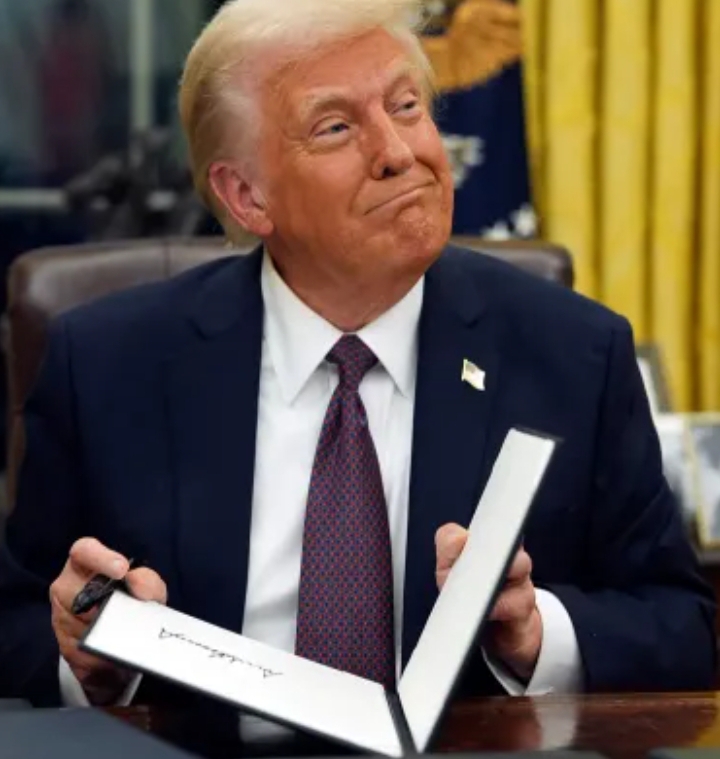The U.S. has limited most visas for Nigerian visitors to single-entry permits valid for three months, as part of updated visa policies affecting several countries, mainly in Africa.
US limits Nigerian visas to 3 months in latest travel policy update.


Temporary-stay visas for Nigerian citizens visiting the United States are now restricted to a duration of three months, according to an announcement made by the U.S. Embassy in Abuja, Nigeria's capital. This decision marks the latest in a series of travel bans or entry limitations imposed by the United States, many of which have impacted African nations.
In a statement released on Tuesday, the U.S. Embassy in Nigeria stated that, effective immediately, most non-immigrant and non-diplomatic visas granted to Nigerian citizens will now be single-entry only, with a validity period limited to three months. The embassy clarified that this change is part of broader updates to the United States' reciprocal non-immigrant visa policy, which affects several countries, including Nigeria.
Prior to this change, Nigerian applicants for U.S. visas could receive documents with longer validity periods, depending on the purpose of their visit.
Last month, President Donald Trump announced a set of new travel bans targeting nationals from 12 countries, most of which are located in Africa. These restrictions were justified on the grounds of national security concerns and what the administration described as insufficient vetting processes.
As a result of this policy, citizens of seven African countries—Chad, Republic of Congo, Equatorial Guinea, Eritrea, Libya, Somalia, and Sudan—are now banned from entering the United States. In response, Chad promptly suspended the issuance of visas to American citizens.
The Nigerian government has yet to issue an official response to this latest restriction. However, the country’s foreign minister previously cautioned that such travel bans, along with tariffs, could obstruct potential trade agreements between the United States and West African countries, particularly those involving rare earth minerals and energy resources.

 বাংলা
বাংলা  Spanish
Spanish  Arabic
Arabic  French
French  Chinese
Chinese 
